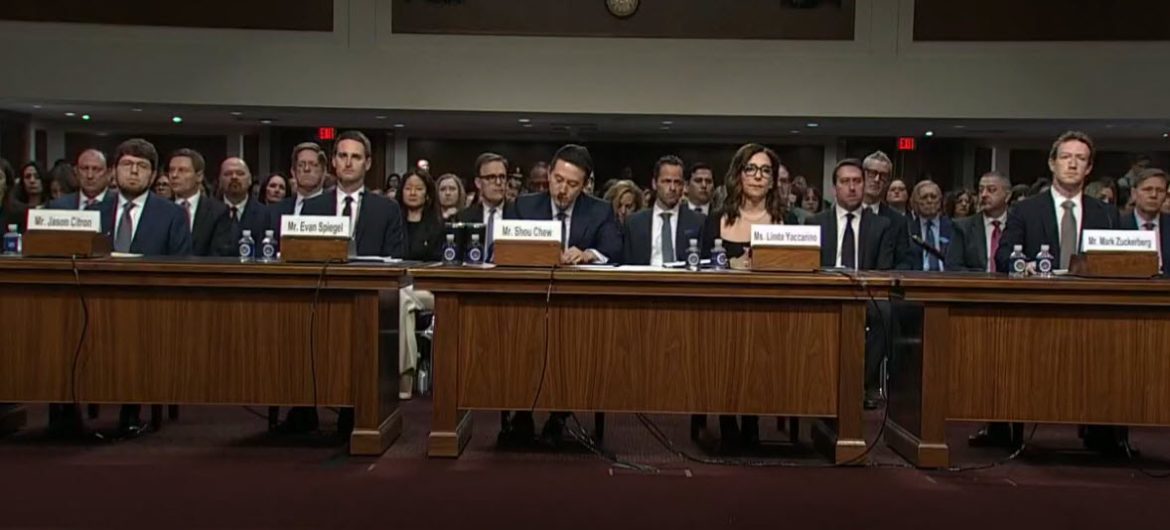In a recent Senate hearing, GOP lawmakers took a firm stance against major social media platforms, highlighting security risks and raising concerns about child safety. The spotlight was on Chinese-owned TikTok, with Senator John Cornyn of Texas expressing worries about the potential jeopardy of Americans’ personal information.
Senator Cornyn, during the hearing, emphasized the alleged role of TikTok in facilitating the recruitment of human smugglers by Mexican drug cartels. He argued that the platform poses a threat not only to individual privacy but also to national security.
The hearing occurred in the midst of a broader movement to tighten regulations on social media platforms across the United States. The situation has escalated to the point where New York City officially declared social media a public health threat, underscoring the gravity of the concerns surrounding these platforms.
Senator Cornyn specifically accused TikTok of harvesting sensitive information such as birthdays and emails, claiming that this data is being sent to the Chinese Communist Party. The fear is that such information could be exploited for various malicious purposes, including cyber espionage and other forms of online threats.
However, Senator Cornyn’s concerns extended beyond TikTok, asserting that all social media sites carry inherent risks. The hearing provided a platform for lawmakers to question the CEOs of major social media companies, including TikTok, X (formerly Google), and Meta (formerly Facebook).
A notable moment during the hearing involved Meta CEO Mark Zuckerberg apologizing to parents for any inadvertent impact on child safety caused by his platform. The apology was part of a broader discussion about online child safety, indicating that lawmakers are increasingly holding social media companies accountable for ensuring a secure online environment for young users.
As the debate over the regulation of social media intensifies, these hearings serve as a crucial forum for addressing concerns related to security risks, privacy breaches, and child safety. The intersection of national security and individual privacy continues to be a focal point, with lawmakers grappling with the delicate balance between protecting citizens and preserving the open nature of online platforms.



